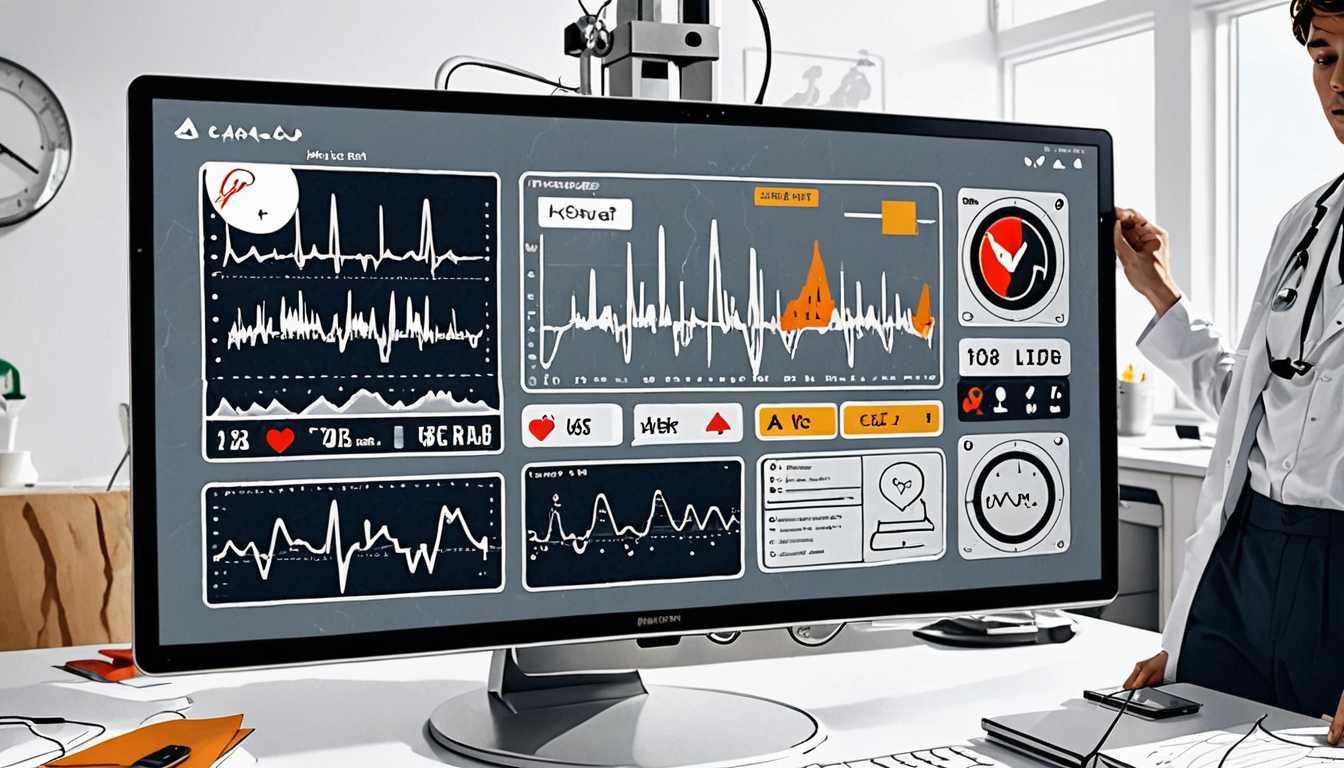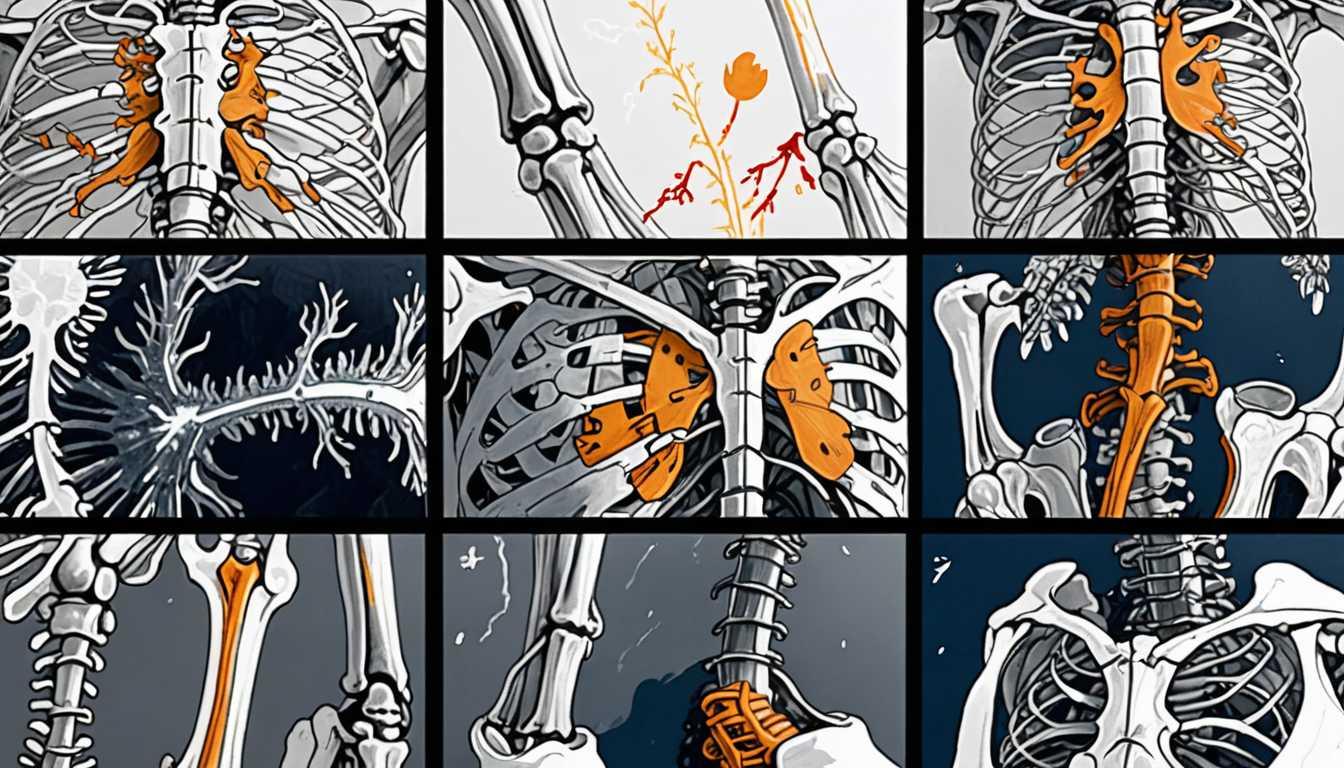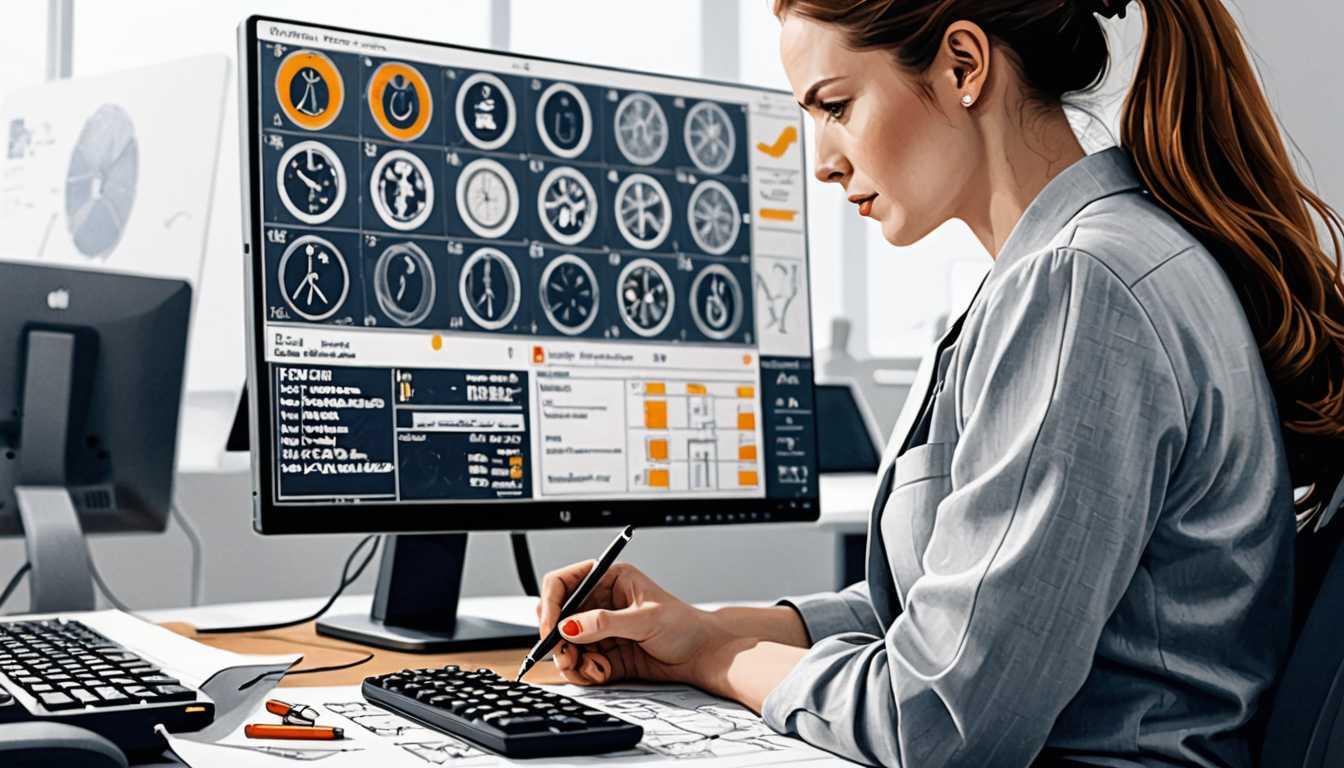Tech Revolution: Saving the NHS
January 2023
BBC
Introduction
Dive into the world of healthcare innovation with the BBC's latest scoop! AstraZeneca's chairman spills the beans on how technology, like AI, could revolutionize the NHS, slashing costs and reducing hospital visits. From early disease detection to preventing those dreaded A&E waits, discover how investing in tech could make us healthier and save bucks. It's not sci-fi; it's the future of healthcare, and it's happening now. Ready to see how smart machines could be your new best friend?
READ FULL ARTICLEWhy It Matters
Discover how this topic shapes your world and future
Tech Talk - Revolutionizing Healthcare
Imagine a world where a simple scan can predict diseases you might get in the future, or a world where a computer can tell you what's making you sick by just looking at your x-ray. Sounds like something out of a sci-fi movie, right? But according to the boss of AstraZeneca, this could be our reality, and it could save a system like the NHS a lot of money and stress. The NHS, which is a health service providing free healthcare in the UK, is under a lot of pressure with long waits and not enough money to go around. By investing in technology like artificial intelligence (AI) for early disease detection and prevention, we could stop people from needing to go to the hospital in the first place. This isn't just about saving money; it's about making people's lives better and healthier. And the best part? This kind of innovation could inspire other countries to follow suit, making a global impact. As a student, understanding the role of technology in healthcare could spark ideas on how you can contribute to future innovations or simply make you more aware of the exciting changes happening in the world around you.
Speak like a Scholar
Artificial intelligence (AI)
A branch of computer science that aims to create machines or software that can think and learn like humans.
Screening
The process of testing people for a disease or condition before they show any symptoms, to catch it early.
Early detection
Identifying a disease or condition as early as possible, which can make it easier to treat or manage.
Diagnostics
The methods and technologies used to determine what disease or condition someone has.
Prevention
Actions or measures taken to stop something from happening, like getting a disease.
Innovation
The process of coming up with new ideas, methods, or products that make things better or more efficient.
Independent Research Ideas
The role of AI in early disease detection
Investigate how artificial intelligence is currently used in detecting diseases early and explore the potential future developments in this area. This topic is fascinating because it sits at the intersection of technology and healthcare, showing how digital innovations can save lives.
Comparative study on global healthcare systems and the impact of technology
Analyze how different countries' healthcare systems utilize technology and the effects on patient outcomes and costs. This could shed light on best practices and innovative approaches to healthcare globally.
The psychology behind healthcare technology adoption
Explore the psychological barriers or motivators for both patients and healthcare professionals in adopting new healthcare technologies. Understanding the human side of technological adoption can help in designing more effective healthcare solutions.
Ethical implications of AI in healthcare
Delve into the ethical considerations of using artificial intelligence in healthcare, including privacy concerns, the potential for bias in AI algorithms, and the impact on the doctor-patient relationship. This topic is crucial for ensuring that advancements in healthcare technology are used responsibly.
Preventive vs. reactive healthcare models
Research the benefits and challenges of shifting from a reactive healthcare model (treating diseases as they come) to a preventive model (stopping diseases before they start), with a focus on the role of technology. This could highlight how healthcare systems can become more sustainable and effective in the long run.
Related Articles

AI Bias in Healthcare Unveiled
August 2023
Massachusetts Institute of Technology (MIT)

AI in Health Care: A New Era
December 2024
Cornell News Highlights

Unveiling Bias in Medical AI Models
July 2024
MIT News

Robots: The Future Helpers in ERs
June 2024
Cornell News Highlights

AI: Healthcare's Double-Edged Sword
August 2023
Stanford University